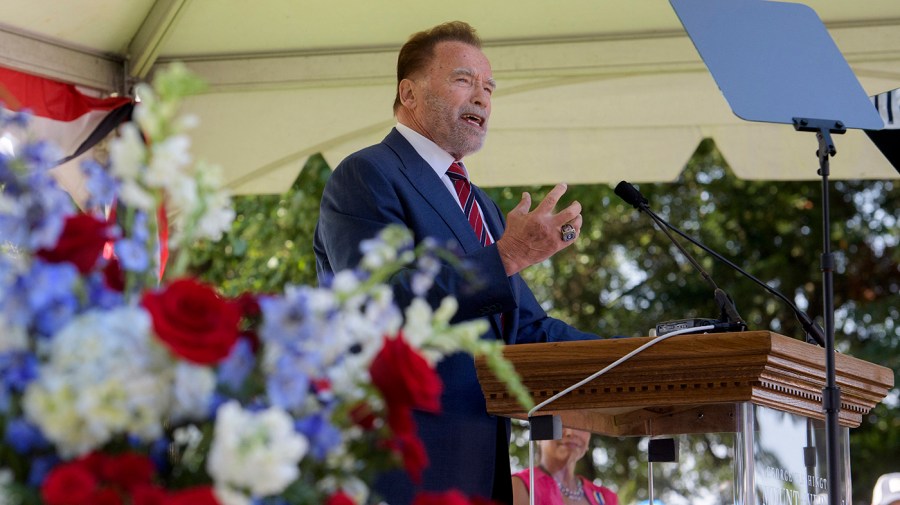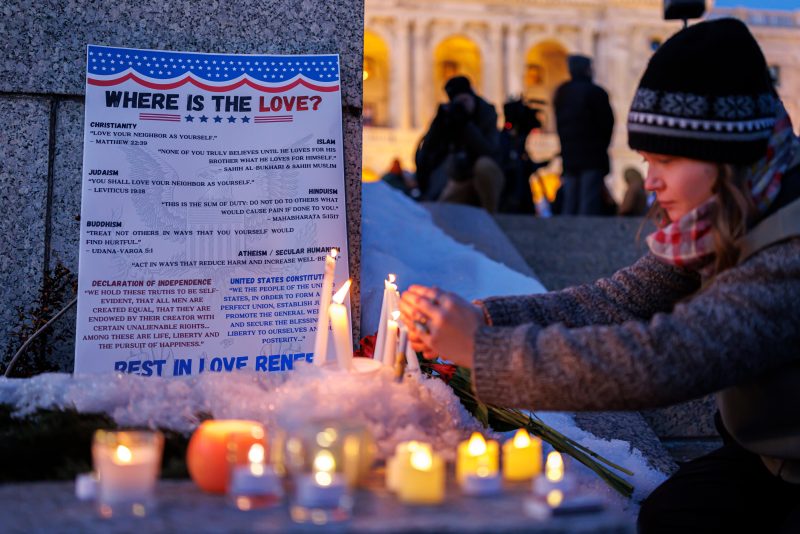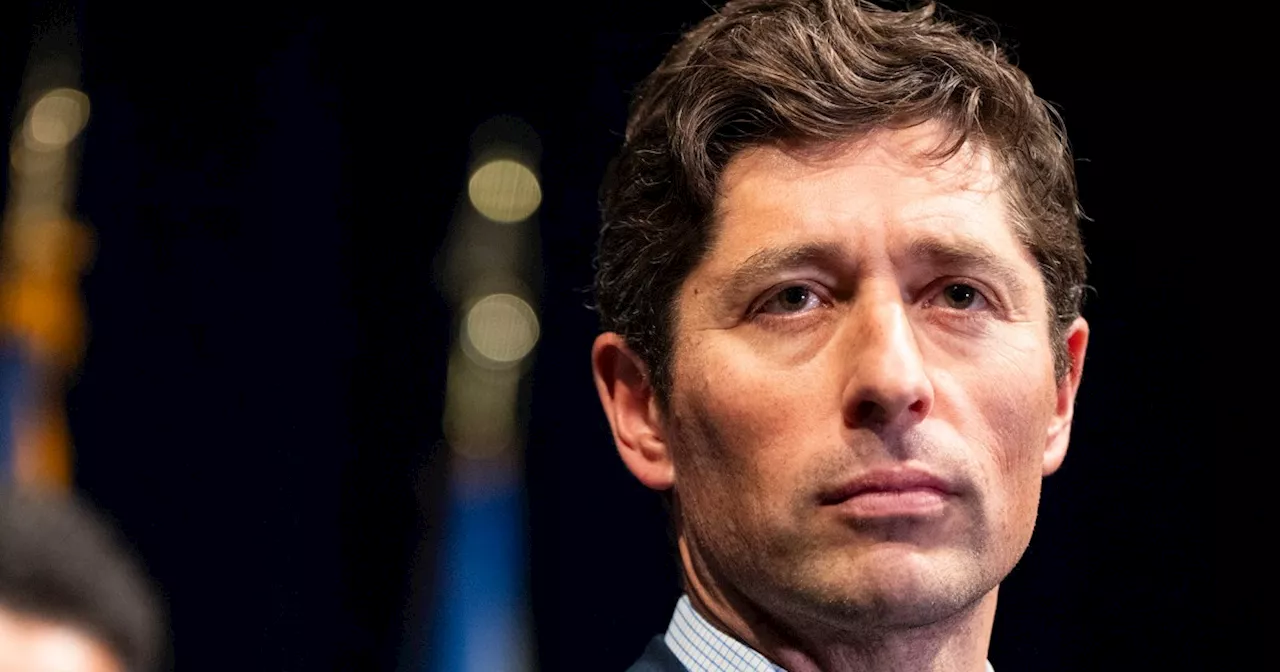
Arnold Schwarzenegger is re-entering the political scene to combat partisan redistricting in California. The former governor and Hollywood star is urging voters to “terminate gerrymandering,” aligning himself with prominent figures such as former GOP Speaker Kevin McCarthy and investor Charlie Munger. They are opposing a proposal that could lead to significant shifts in congressional representation by temporarily bypassing the state’s independent redistricting commission.
This initiative, championed by current California Governor Gavin Newsom and state lawmakers, aims to allow new district lines to be drawn mid-decade, potentially securing five additional Democratic House seats. Schwarzenegger, who has consistently advocated for the independent commission since its establishment during his governorship, views this development as a direct threat to his legacy. “He sees it as under threat,” noted Dan Schnur, a former Republican strategist and current professor at the University of California.
Governor Newsom is pushing for a special election on November 4, 2024, to allow voters to approve the measure. He argues that the proposal is a necessary response to what he describes as a broader Republican strategy to manipulate electoral outcomes, referencing similar moves in Texas, where new district lines could also favor the GOP.
Schwarzenegger has publicly criticized the efforts in both states, stating, “It is very wrong what they’re doing to Texas and it is very wrong what they’re trying to do in California. It is not at all serving the people. It is serving the party,” he told the Houston Chronicle earlier this month. As part of his campaign, he has launched merchandise promoting the cause and pledged to distribute proceeds to organizations opposing partisan redistricting.
During his two terms as governor, Schwarzenegger championed the establishment of the independent redistricting commission through voter-approved initiatives in 2008 and 2010. In a mid-August interview with the New York Times, he expressed his desire to defend a system he helped build, emphasizing that his actions are not politically motivated but rather a commitment to fair representation.
Political experts suggest that Schwarzenegger’s involvement adds a unique credibility to the opposition against Proposition 50. “It’s definitely a legacy play for Schwarzenegger, but it also has the benefit of being something that he has long believed,” remarked political strategist Mike Madrid. Madrid emphasized that Schwarzenegger’s history of advocacy for independent redistricting positions him distinctly compared to more traditional partisan figures.
Newsom has acknowledged his discussions with Schwarzenegger regarding the redistricting issue, indicating a shared commitment to maintaining the integrity of the independent commission. “I visited with Arnold on this. We debated this,” Newsom stated, asserting that the ballot measure ultimately supports the independent system, albeit temporarily.
As the campaign intensifies, both sides are preparing for what could become one of California’s most contentious ballot measure battles. Financial contributions already exceed $13 million in support of the initiative, with around $10 million opposing it. Munger has been a significant contributor to the opposition, highlighting the financial stakes involved.
Republican legislators have also pursued legal avenues to challenge the redistricting plan, filing petitions with the state Supreme Court, though these efforts have so far been rejected. The intensity of Republican resistance is underscored by proposals like a “two state solution,” aimed at isolating more conservative regions of California, though such ideas are unlikely to gain traction in the Democratic-controlled legislature.
As the special election approaches, both opposition groups—traditional Republicans and reform advocates—are working to defeat Proposition 50. The contrasting strategies of these factions may create friction, but their shared goal of defeating the measure could unify their efforts in the long run.
“This will be the biggest status game in politics this fall,” remarked David McCuan, a political science professor at Sonoma State University. As both sides prepare for the campaign ahead, the debate over redistricting in California promises to be a pivotal issue in the upcoming election.







